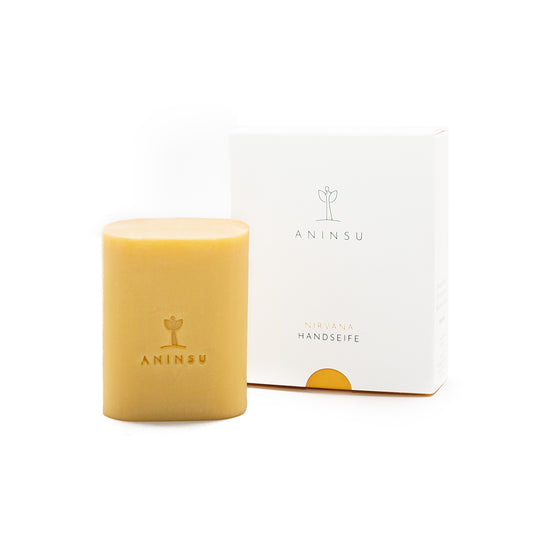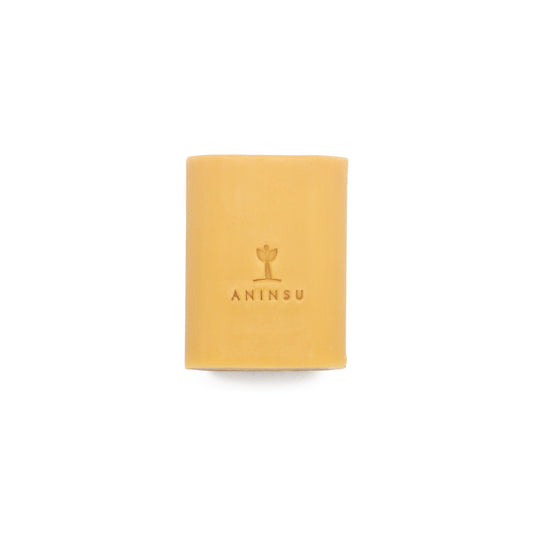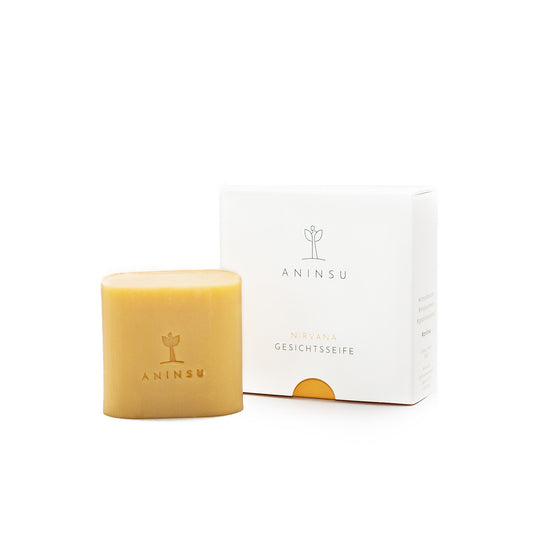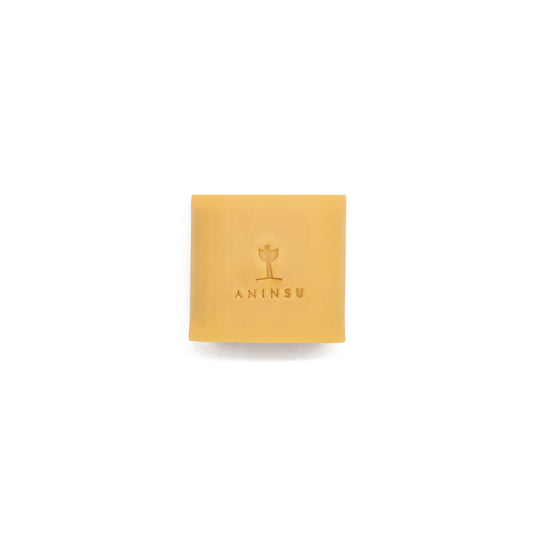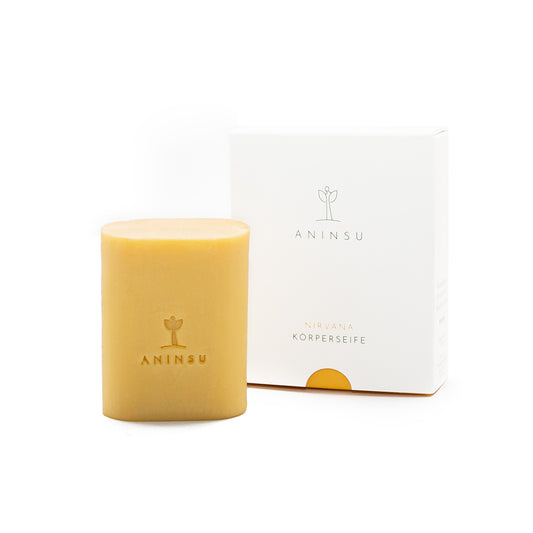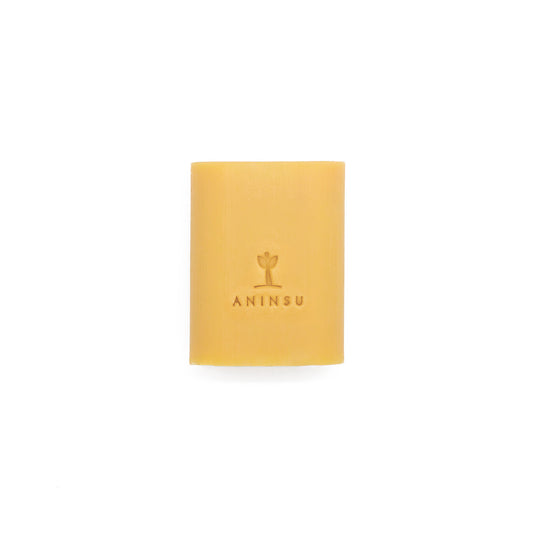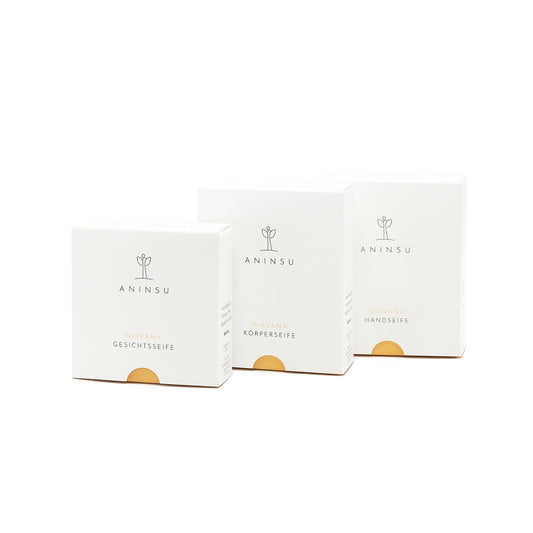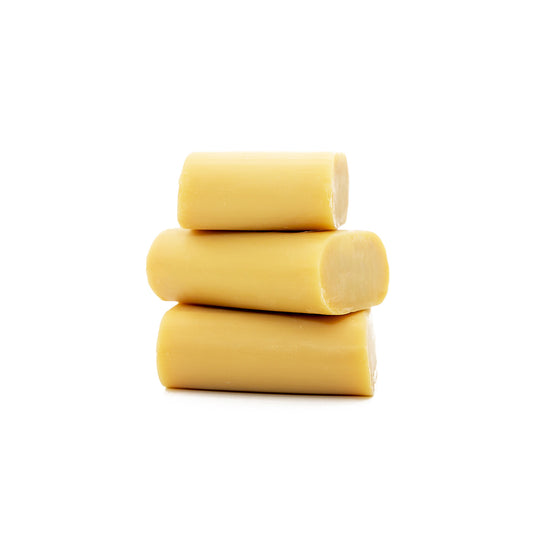Reiki is a spiritual practice that has its roots in 19th century Japan. The term "reiki" is composed of the Japanese words "rei" (spirit or soul) and "ki" (life energy). It is an energetic healing method in which energy is transferred through the laying on of hands to activate the body's own self-healing powers and promote well-being.
The history of reiki and its principles
Reiki was developed by Mikao Usui, a Japanese monk. After intensive study and meditation, he developed a method of transmitting energy, which he called reiki. Usui also laid down the five principles of reiki, which are an ethical and spiritual guideline for practitioners. These principles are: "Especially today, do not fret, do not worry, be grateful, work hard on yourself, be kind to others."
The way reiki works
Reiki is based on the concept that life energy (ki) flows through our bodies and contributes to health and well-being. When this energy flow is blocked or disturbed, physical, emotional or mental ailments can occur. Through the laying on of hands, reiki energy is channelled and transmitted to the recipient to clear the blockages and restore the flow of energy. This can lead to deep states of relaxation, help relieve stress and promote overall well-being.
Why reiki?
Reiki is often used to improve physical, emotional and mental well-being. By activating the body's own self-healing powers, reiki can help to balance the flow of energy and release blockages. Many people report an increased feeling of inner peace, balance and vitality after a reiki treatment.
The use of reiki
Reiki can be used as a stand-alone therapy method or as a complement to other treatments. This can happen both on site and at a distance. During a reiki treatment, the recipient lies comfortably dressed on a couch while the practitioner places their hands on various parts of the body or hovers them over the body to allow the energy transfer. The duration of a session can vary according to need.
The benefits of reiki
Reiki is valued by many people as a gentle and calming method of promoting well-being. Potential benefits of reiki include:
- Stress relief: reiki can help relieve stress and tension by harmonising the flow of energy in the body. The deep relaxation achieved during a reiki treatment can release tension and create a sense of inner peace and calm.
- Promoting physical healing: reiki is often used to support recovery from injury or illness. By activating the body's own self-healing powers, reiki can accelerate the healing process and promote regeneration.
- Emotional balancing: reiki can also help to release emotional blockages and imbalances. It can help release negative emotions such as fear, sadness or anger and promote a sense of inner harmony and balance.
- Energetic cleansing: reiki is also used to clear energetic blockages in the body or chakras. By activating and harmonising the energy centres in the body, reiki can help to improve the flow of energy and cleanse the entire energy system.
- Promoting spiritual growth: reiki is often seen as a spiritual practice that not only supports physical and emotional well-being, but can also expand consciousness and lead to a deeper understanding of one's self. Many people report increased spiritual awareness and an improved connection to their inner wisdom through regular reiki sessions.
The importance of reiki for well-being
Reiki offers a holistic approach to well-being by bringing body, mind and spirit into harmony. By activating the self-healing powers and harmonising the flow of energy, Reiki can help to improve well-being on all levels. It offers a space for relaxation, renewal and inner balance.
It is important to note that Reiki does not replace medical treatment and should not be used as the sole method of therapy for serious illness. However, it can be a valuable complement to other medical or therapeutic approaches.
Criticism of reiki
Despite the positive reports and popularity of Reiki, there is also criticism of the practice. Some sceptical voices claim that Reiki is merely a placebo effect and that the effects are due to people's beliefs and expectations. They argue that there is no scientific evidence for the existence of the so-called "life energy" and that the positive effects of Reiki are rather due to psychological factors and the relaxation during the sessions. Critics also criticise the lack of scientific investigation and verifiability of Reiki.
Another criticism concerns the lack of clarity regarding the training and certification of Reiki practitioners. Since there are no uniform standards or government regulations, the quality of training and the competence of practitioners can vary. Some critics see this as a problem, as improper applications of Reiki could be potentially harmful.
It is important to note that criticism of Reiki is not uniform and that there are also many positive testimonials and personal benefits. Ultimately, it is up to each individual to explore the effectiveness of Reiki for themselves and decide if it is a suitable method to support their own wellbeing. It can be advisable to do thorough research before choosing a Reiki practitioner and to exchange ideas with other people who have already had experience with Reiki.
Conclusion
Reiki offers a way to connect with one's own inner power and the natural flow of life energy. It invites you to relax and experience your self on a deeper level. With its holistic approach and focus on harmony and balance, Reiki can be a valuable practice for people who want to improve their well-being and achieve a deeper understanding of their own energy. Nevertheless, it is advisable to do your research before you have a treatment and to find a Reiki practitioner with whom you can build trust. It is also worth talking to people who have experienced Reiki sessions beforehand to benefit from their experience.



